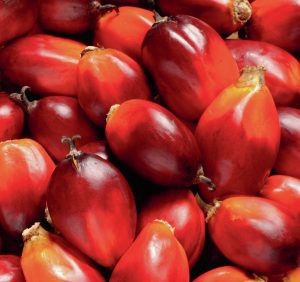
Phosphates project listing 2021
Fertilizer International presents a global round-up of phosphate rock, phosphoric acid and finished phosphates projects.

Fertilizer International presents a global round-up of phosphate rock, phosphoric acid and finished phosphates projects.
Clariant, says that Conrad Keijzer become its new chief executive officer as of January 1st, 2021. Interim executive chairman Hariolf Kottmann has thus returned to his position as chairman of the board. Keijzer is a Dutch citizen with a long track record in the chemical industry, including 24 years with leading global paints and coatings manufacturer AkzoNobel, where he was CEO of the Performance Coatings Division and a member of the Executive Committee. Most recently, Conrad Keijzer was CEO of Imerys, a French supplier of mineral-based specialty solutions.

Part 1 of a two part look at a potential sustainable future for the nitrogen industry, looking at sustainable nitrogen management and nutrient use efficiency.
Alzbeta Klein will become the new director general (DG) of the International Fertilizer Association (IFA) on 11th January 2021. She succeeds Charlotte Hebebrand who resigned in May to become Nutrien’s chief sustainability officer and executive vice president (EVP) for stakeholder relations. Patrick Heffer is currently acting as IFA’s interim DG.

Latin America has confirmed its status as a pre-eminent global marketplace for fertilizers. We report on demand growth and fertilizer supply and capacity developments within this diverse region.

Brazil’s phosphate industry is on a growth dash to meet rising domestic demand. We report on the major acquisitions, investments and expansions by CMOC, Mosaic, Yara and Itafos.

The two agricultural products most strongly associated with the economies of Southeast Asia are the food staple rice and export commodity palm oil. We explore the link between the region’s agricultural productivity and its fertilizer consumption.
Nelson Silva was appointed to Nutrien’s board of directors in the second week of August. His appointment coincided with the retirement of David C Everitt from Nutrien’s board, where he has been a director since 2013.

The last three years has seen a renaissance in fertilizer production and blending in sub-Saharan Africa. We highlight the expansion of capacity in Nigeria and other countries within the region.

Enhanced efficiency fertilizers (EEFs) occupy a small but high-value segment of the overall fertilizer market, although their production and use is accelerating. This trend is unsurprising given that their higher costs are usually more than offset by better efficiency and lower application rates.